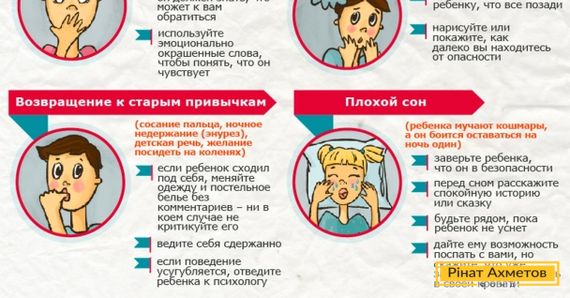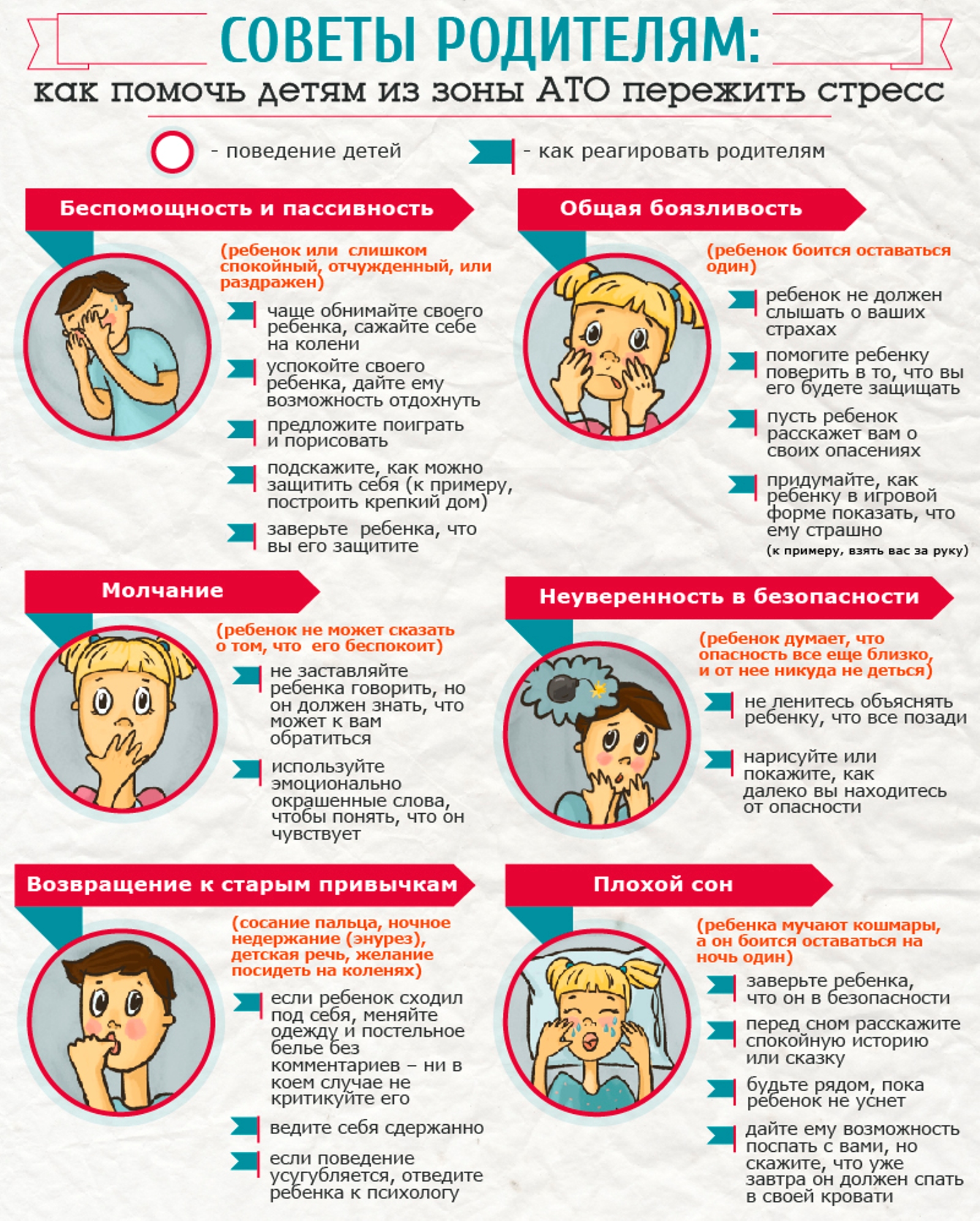How stress manifests itself in children and adolescents

Child psychologists who are currently working with the consequences of the military conflict say that, on the one hand, it is necessary to actively draw the attention of adults to the problem of the impact of the military and stressful situation on the psychology of the child, and on the other hand, to avoid unnecessary dramatisation and intimidation of parents and close families who are currently experiencing the ATO with their children. Many people are already terrified and confused: an additional drop on the scales of ‘everything is bad’ can make parents give up so much that the effect will be the opposite - not help and action, but complete apathy and powerlessness.
This was discussed in his article by Dmytro Korshevniuk, PhD, psychophysiologist, senior researcher, professor.
What is the danger of stress for a child?
Stress never goes away: a child may experience a decline in school performance, difficulties in communicating with peers, and conflicts with parents. Such a child may also become withdrawn or overly active.
After stress, the child's body continues to be in a state of increased tension, which can cause a malfunction of the entire child's body. Disorders of the child's immune system cause increased susceptibility to bacterial, viral and parasitic infectious diseases. The consequences of stress in a child can manifest themselves in the form of ‘bear disease’ (irritable bowel syndrome), which is a signal of malfunctioning of the digestive system. Dehydration makes it difficult to absorb nutrients that are essential for both physical and mental development. Thus, a number of physiological disorders occur in the growing and developing child's body.
But everything is not as scary as it seems at first glance, because the child's body has a special ‘safety margin’. Before you can figure out how to help your child cope with stress, you need to understand the mechanisms of the onset and development of stress reactions.

What events can cause stress in a child?
Children and adolescents become stressed if they have experienced or witnessed so-called psychotraumatic events. These events are:
- War/hostilities
- Natural disasters (natural and man-made)
- Car accidents
- Terrorist acts
- Unexpected death of a loved one
- Kidnapping of a person
- Sexual and/or physical (physiological) violence
- Assault
- Forced relocation to other regions
- Or other events that threaten the child's safety or life.
According to the National Centre for Posttraumatic Stress Disorders (U.S. Department of Health and Human Services, Administration for Children and Families, Administration on Children, Youth and Families, Children's Bureau. ChildMaltreatment, 2013), only a third of children who have experienced stress receive the necessary help. And this is in the United States, a country that is considered one of the best in combating the effects of stress. There are two main reasons for this figure:
- parents are unaware of the effects of stress
- children are afraid to express their problems.
European scientists M. Blom and R. Oberink, in a study of the prevalence of the effects of stress in children, found that 15-43% of girls and 14-43% of boys had experienced at least one stressful situation. Of those children and adolescents who were exposed to stress, 3-15% of girls and 1-6% of boys had to undergo specialised treatment. But these seemingly ‘dry’ percentages of statistics can also include your child.
What determines the severity of stress complications in a child?
There are three main reasons that increase the chances of developing severe complications in children and adolescents after experiencing stress:
The more severe the stress, the more severe the complications. Children and adolescents who experience very high levels of stress tend to take longer to return to normal.
The more parents take care of their child after a stressful event, the easier the effects of the stress are tolerated. If parents show their concern for their child, surround him or her with affection, kindness, and care, and the child feels fully supported by the parents, the effects of stress on the child are milder and easier to bear.
The closer the child is to the stressful situation, the more severe the complications. If a child, for example, witnessed military operations directly, rather than seeing the fighting on TV, the complications will be more severe.
How do the effects of stress manifest themselves in a child?
School-age children (5-12 years old).
Children of this age usually remember only a part of the stressful situation, or involuntarily change the sequence of events of the stressful experience. In addition, they may consider some ‘events’ of the past to be the cause of the stressful situation. Children believe that if the same ‘events’ occur again, the same stress will surely arise again. Therefore, children know that if they pay attention to these ‘events’ and beware of them, they will be able to avoid the same stress in the future. This leads to excessive suspicion and the development of fears in children. For example, if a black cat crosses the road, children believe that trouble will happen to them.
Children aged 5-12 can show these ‘events’ in their play, replaying part of the stressful situation they experienced. It is important to note that such games do not affect the development of the consequences of the stress on the child's body.
Children of this age can also ‘transfer’ some of the stress into their everyday life. For example, a child may carry a toy gun to school after seeing a shooting even on TV.
Adolescents (aged 12-18).
Some manifestations of stress in adolescence are similar to those of adults. One of the differences is that adolescents are more likely than children or adults to demonstrate impulsive and aggressive behaviour.
In addition to the above, children and adolescents often experience fear, anxiety, sadness, anger, loneliness and other negative emotions after stress. They feel contempt, hatred and lack of trust towards others. Behavioural disorders such as aggression, inappropriate (promiscuous) sexual behaviour, self-harm and alcohol or drug abuse are also common in adolescence.
In some children, the effects of stress can last for many years, but if the child receives the necessary attention from parents, loved ones or adults, the effects of stress can disappear in a few months. In some severe cases, a child may need specialised treatment, including medication.



